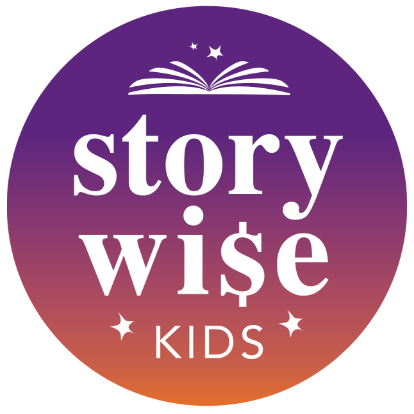We all want the best for our kids. We invest a lot in their education so they can build a good career and live a good life. But some of life’s crucial skills are sadly lacking from our schools and even tertiary institutions. They are the skills that we as adults use every day but are rarely taught. Being equipped with some basic money skills early on in life can be the difference between a good life and one of ongoing stress and challenges.
72 per cent of all stress is money-related.
Research has shown that as much as 72 per cent of all adult stress is money-related. (2015 research survey – American Psychological Association) – that’s more than two-thirds of our stress!
So surely equipping our children with some basic money skills can go a long way to ensuring a better quality of life for them?
Dr David Whitebread and Dr Sue Bingham of Cambridge University released a white paper in 2013 concluding that children’s money habits are formed between the birth and the age of seven.
Money habits are formed by the age of seven.
It is during this critical influential stage of early childhood development that we should be instilling the principles of saving such as delayed gratification, planning ahead and regulating our emotions. These are some of the key attributes that build great foundations for little savers. These behaviors can make a big difference over time. Consciously nurturing these habits will go a long way to ensure that kids grow up able to manage what they earn effectively, thereby reducing stress about their finances.
Kids learn through observation and through the actions of their parents.
Somehow, we seem to think that money is something kids will learn about later on in life. But kids learn through observation and through the actions of their parents, so the way we handle our finances is their financial literacy classroom. And if 72% of our stress is money related, I doubt we are building the right financial foundations.
It’s time to break this cycle and get back to basics to give our children a better understanding of how money works so that they can manage it better than previous generations.
A little bit of effort can go a long way. You can start when they are two or three by reading books that weave solid financial principles into their storyline. The StoryWisekids books demonstrate the benefits of the principles through their lead characters. And the summary activities at the end get them into the habit of saving.
Stories are the perfect way to introduce these concepts and build foundations that will make it easier for children to learn about money and equip them with the skills to manage their money and not have their money manage them.
Equip them with the skills to manage their money and not have their money manage them.
Parents are rewarded with financially stable young adults, which frees up the parents’ disposable income to put towards their retirement nest egg.
Investing some time into your kids’ financial education is a wise investment to make – for them and the whole family.

